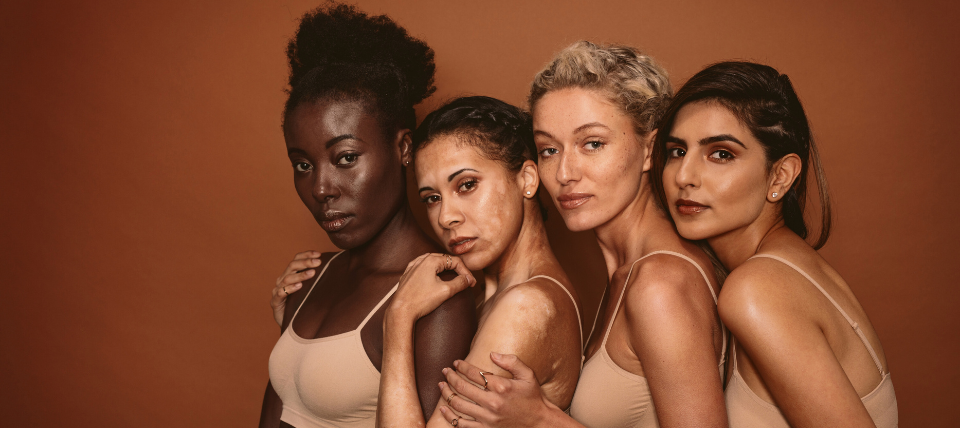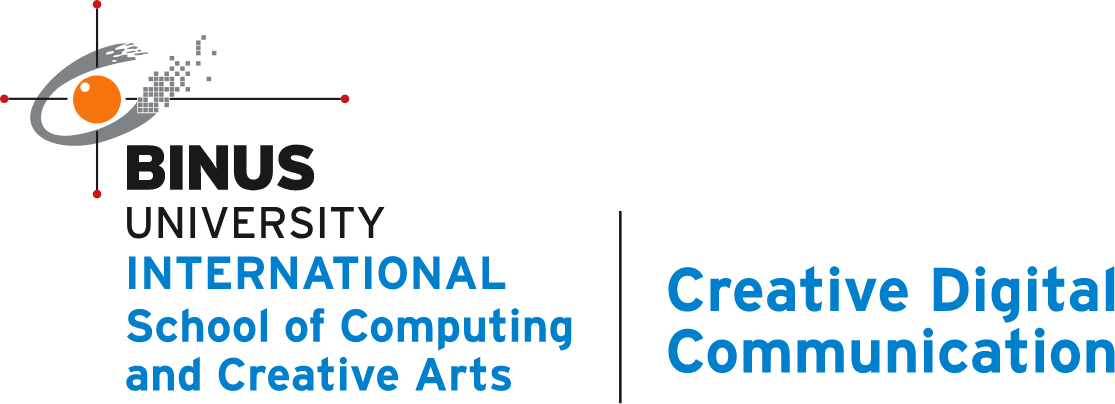Unmasking Unrealistic Beauty Standards in the Digital Age

Dk Siti Nur Haziqah Pg Saiful Rizal, Liydia Mohamad Suffri, Arina Harum Binti Ahad, Bernard Jonathan Nugroho Dharm, showed that Norhazimah Binti Amri in a world dominated by polished magazine covers, flawless Instagram feeds, and perfectly curated TikTok videos, the pursuit of perfection has become relentless. Society’s beauty standards often appear unattainable fantasies, causing many to question their self-worth. This article delves into the pervasive influence of unrealistic beauty standards in the digital age, highlighting their adverse effects on mental health and societal perceptions.
The team gathered data from a diverse group of respondents:
- Age: 2% (12-16), 60% (17-21), 30% (22-25), and 8% (26+).
- Gender: A notable 64% of male respondents admitted to comparing themselves to digital influencers, challenging the notion that beauty standards are solely a women’s issue.
Social media platforms like Instagram and TikTok play a significant role in shaping beauty standards. The survey revealed that over half of the participants compare themselves to influencers and models, underscoring the societal pressure to conform to idealized beauty norms.
The research also emphasized the impact of where unrealistic beauty standards have detrimental effects on mental health:
- Pressure to Conform: 60% of respondents rated their pressure to conform to beauty standards as a 3 out of 5.
- Self-Doubt and Inadequacy: Many respondents reported feelings of self-doubt and inadequacy, driven by the unattainable standards promoted by social media.
Also, the pursuit of unattainable beauty ideals reinforces harmful stereotypes, and societal inequalities will affect those who do not conform to conventional beauty norms, contributing to prejudice and discrimination.
Unfortunately, the widespread use of these tools creates an artificial standard of beauty, leading to a culture of rivalry and comparison. In addition, the respondents expressed a desire for influencers and celebrities to be more transparent about their digital transformation.
Despite the challenges, there is optimism about a shift in beauty standards. 94% of respondents believe that beauty standards will continue to evolve towards more inclusive ideals. Recognizing the unrealistic nature of current beauty standards is essential. Individuals can build self-confidence and fulfillment by fostering self-acceptance and prioritizing inner qualities over external appearances. Embracing diverse identities and rejecting the societal norms set as “standards” can help dismantle the harmful impact of unrealistic beauty expectations.

